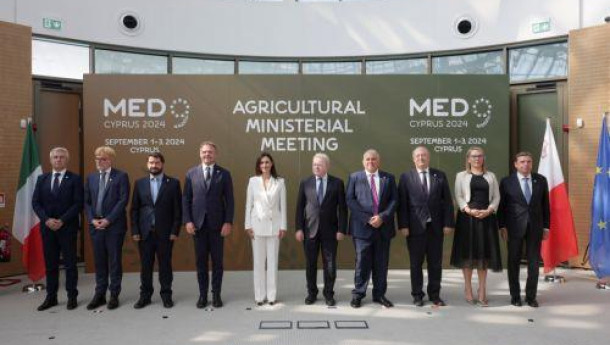
Cyprus is a prime example of the challenges and the impact of water scarcity in the Mediterranean context, Minister of Agriculture, Rural Development and Environment Dr Maria Panayiotou said on Tuesday at the MED9 Ministerial meeting in Cyprus, adding that it is vital to ensure that water management strategies are inclusive and equitable.
For his part, European Commissioner for Agriculture and Rural Development Janusz Wojciechowski said that the risk of drought continues to increase and added that by strengthening our response and resilience to this risk we can overcome the threat of drought and ensure that our farmers can provide food security across the European Union for years to come.
In her speech at the opening of the MED9 Summit held on Tuesday morning in Ayia Napa Marina, the Minister said that climate change is dramatically reshaping weather patterns in the Mediterranean, as rising temperatures alter rainfall patterns, while more frequent and severe droughts and extreme weather events have become the new normal. She added that these changes underlay the decline in annual rainfall and intensify competition for water resources in view of reduced availability and increased crop evapotranspiration rates.
Water scarcity, the Minister continued, is one of the most pressing issues with profound implications for agriculture, human welfare, and economic stability. "The European Drought Observatory (EDO) reported that Europe faced its worst drought in at least 500 years. The Joint Research Centre highlights that drought conditions, long-lasting above-average temperatures and a sequence of warm spells have exacerbated the effect of the prolonged lack of precipitation, directly impacting soil moisture and vegetation growth", she pointed out.
After noting that agriculture, as the main consumer of water, using about 70% of abstracted water, is particularly vulnerable to water scarcity, she said that water stress limits plant growth and productivity, consequently turning farmers toward more drought-resistant varieties and less water-intensive crops, thereby impacting food diversity and local diets, while water scarcity can also exacerbate soil salinization and erosion, leading to long-term decline in soil fertility and agricultural productivity.
Referring to Cyprus, Panayiotou said the country is a typical example of the challenges and the impact of water scarcity in the Mediterranean context, facing a limited number of natural water sources compounded by a semi-arid climate and periodic droughts.
Over recent decades, she noted, the country has experienced a significant reduction in annual rainfall, affecting both surface and groundwater resources, with consequent implications for human welfare and the economy. In particular, she said that groundwater over-extraction has led to the depletion and increased salinization of aquifers, especially in coastal regions, rapid urbanization, population growth, and a booming tourism industry have further increased water demand, straining resources even more.
“These extreme conditions render the use of non-conventional water resources to meet water imbalances imperative such us advanced water treatment and reuse schemes and seawater desalination”, she stressed.
“The Mediterranean region faces significant challenges due to climate change-driven water scarcity. Ensuring that water management strategies are inclusive and equitable, addressing the needs of vulnerable populations and promoting social cohesion, is crucial. Through coordinated political interventions, innovative solutions, and regional cooperation, sustainable water management can be achieved, ensuring food security, agricultural productivity, and economic stability for future generations”, concluded the Minister.
In his opening speech, European Commissioner Janusz Wojciechowski said that the theme of the conference is timely as "we observe more frequent droughts throughout the Union, with growing impacts on agricultural production, on farmers’ incomes, on landscapes and the environment, and ultimately - on our food security”, adding that “we must face these trends and ensure the resilience of our farmers."
In particular, he continued, "we need to support the adoption of more sustainable water management practices, with advanced irrigation techniques and water-saving technologies, with more resilient species, and with improved soil management”, adding that in all these areas support can come through the Common Agricultural Policy, whose strategic plans are powerful tools and can support farmers who have suffered damage from droughts, while also enabling them to build their resilience over the longer term, by encouraging adaptation and incentivizing the sustainable use of water.
“The danger of drought continues to grow. But our response is also growing, it is growing stronger, and more coordinated. By continuing this response, and by continuing to build our resilience, we can overcome the threat of drought, and ensure that our farmers can provide food security across the entire Union, now and for years to come”, concluded the Commissioner.
It is noted that prior to Commissioner Wojciechowski's speech, a video was presented to the Summit on the current situation in Cyprus as a result of the ongoing drought.

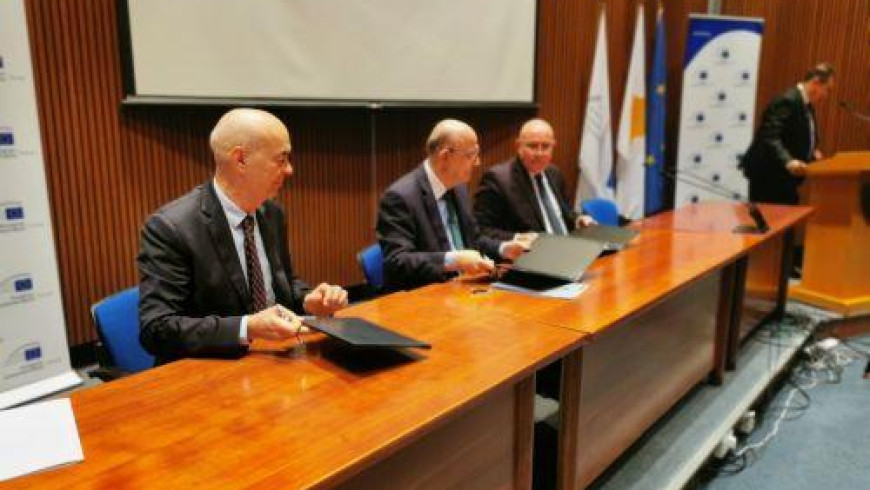
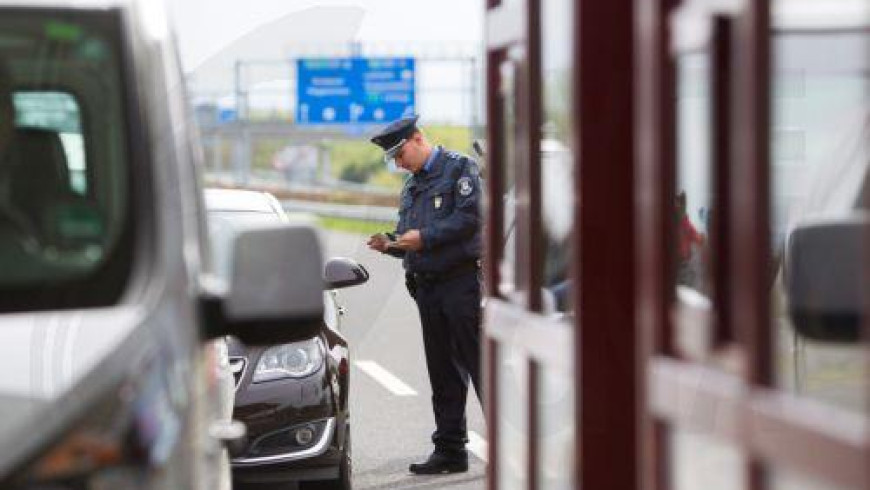
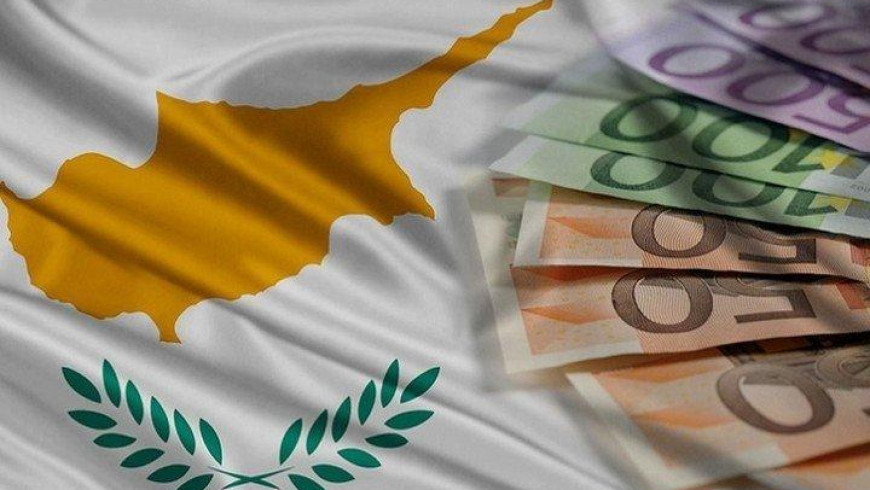
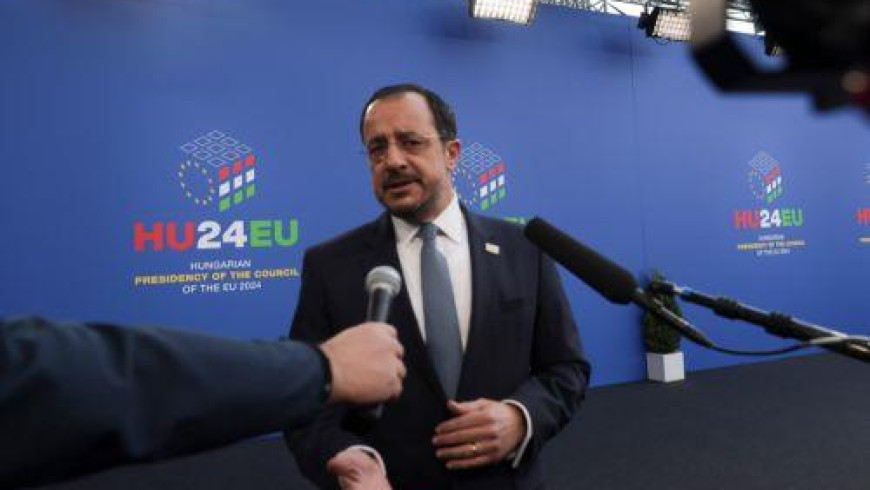
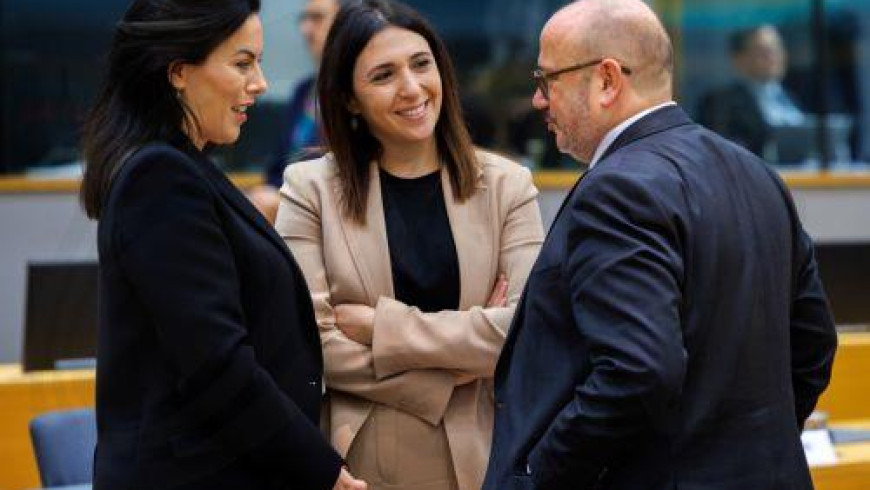
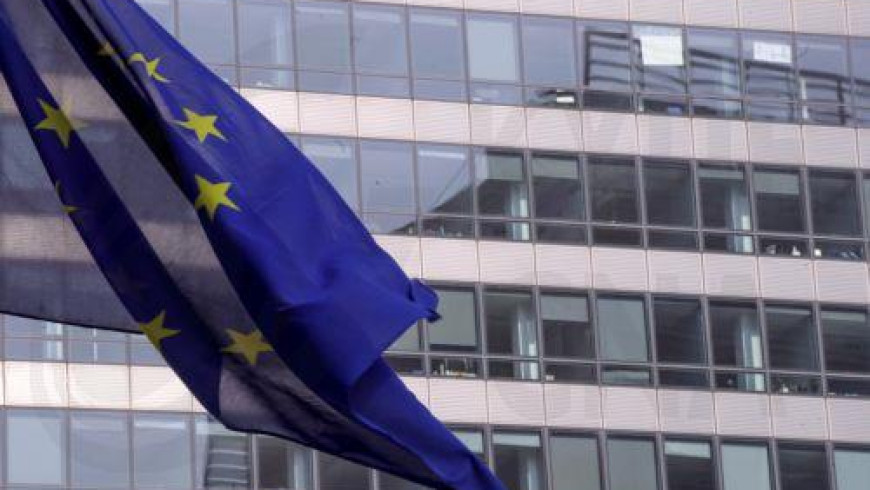

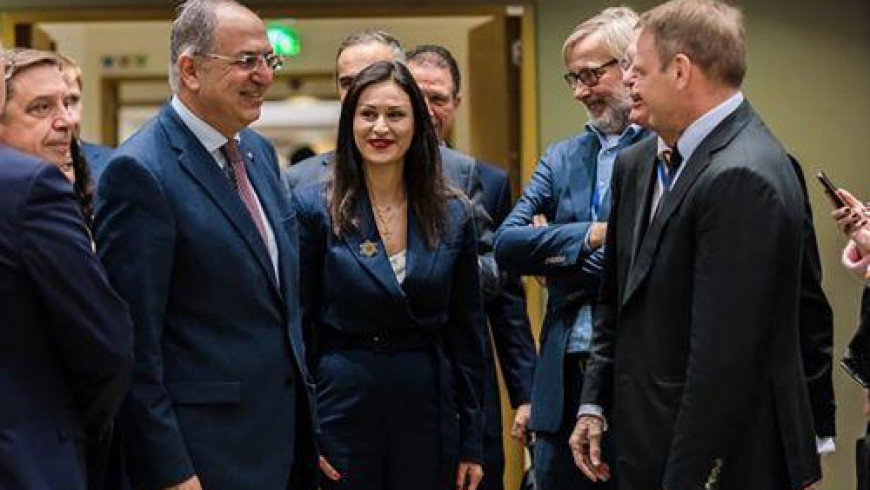





 3287.99
3287.99 1275.09
1275.09
